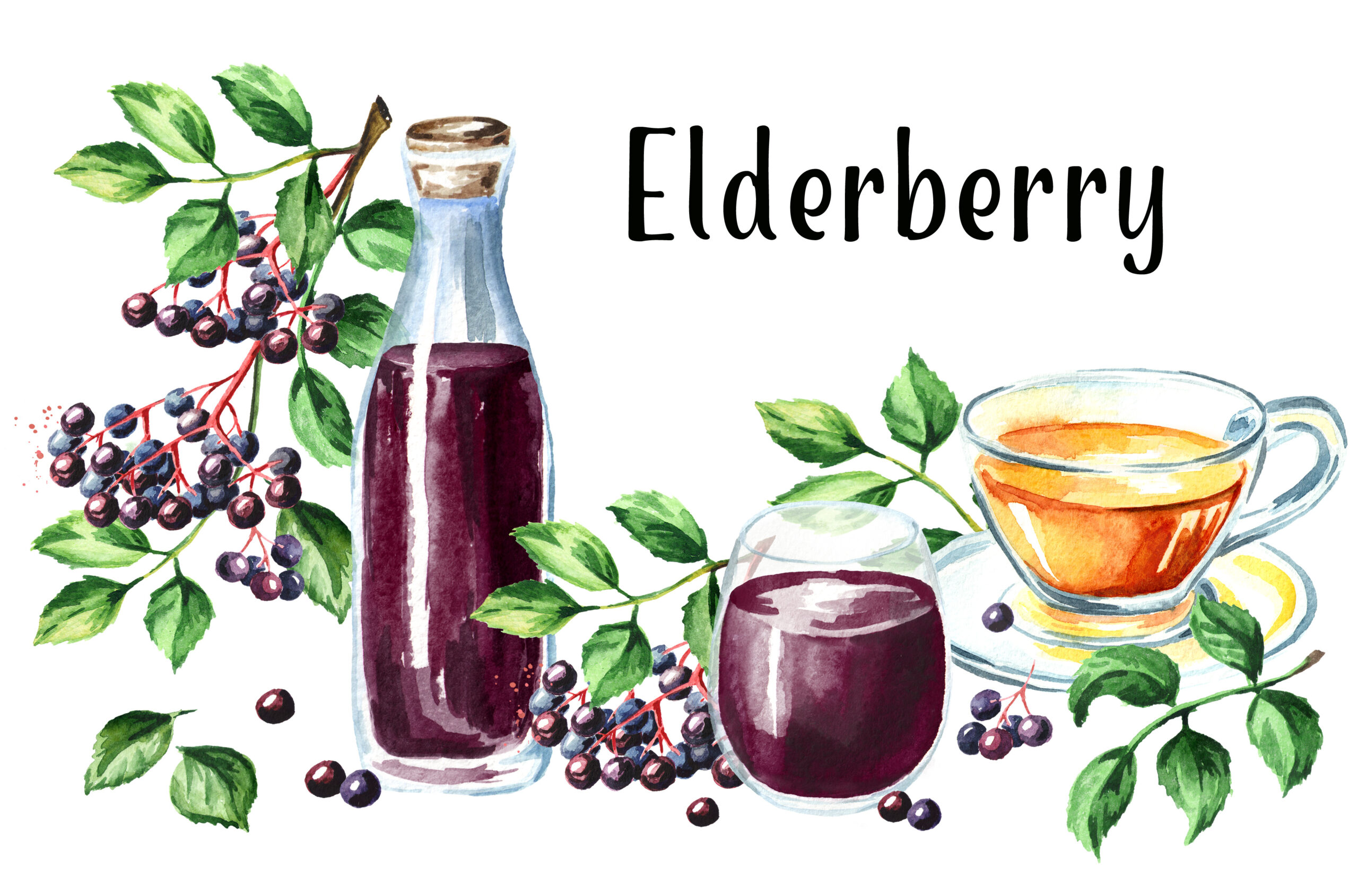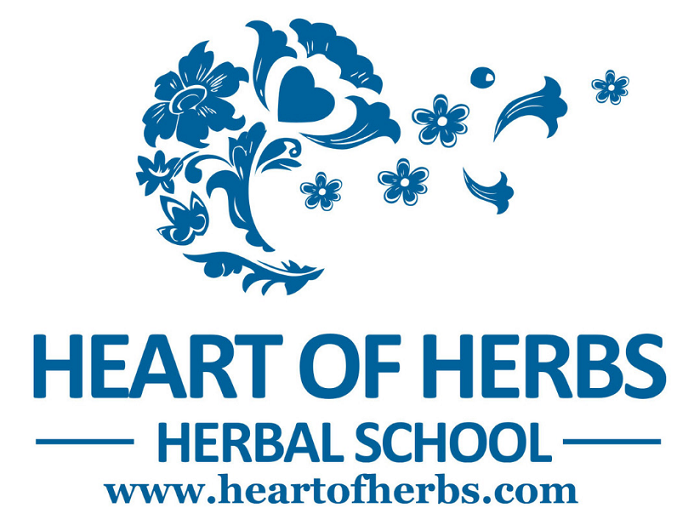Elderberry Uses
Elderberry (Sambucus nigra) is a plant that has been used for various purposes throughout history, notably for its potential health benefits. Other parts of the elderberry plant, including the berries, flowers, and bark, have been utilized for mixed purposes. Nevertheless, it’s vital to note that while elderberry is generally considered safe for consumption, it’s recommended to consult a healthcare professional before using it for any specific health problems. Here are some common uses of elderberry:
- Immune Support: Elderberries are rich in antioxidants, particularly anthocyanins, which can help support the immune system. Some research suggests that elderberry extract may help lessen the span and severity of cold and flu symptoms by increasing the body’s natural defenses.
- Cold and Flu Relief: Elderberry syrup or extract is often used as a natural remedy to lessen symptoms of colds and flu, such as coughing, congestion, and fever. Its immune-boosting properties are believed to contribute to these benefits.
- Anti-Inflammatory Properties: Elderberry contains compounds with potential anti-inflammatory effects. These compounds may help reduce inflammation in the body and provide relief from conditions like arthritis.
- Antioxidant Benefits: The antioxidants in elderberries can help protect cells from oxidative stress and damage caused by free radicals. This may have a positive impact on overall health and aging.
- Heart Health: Some studies suggest that elderberry may positively impact heart health by promoting healthy circulation and reducing cholesterol levels.
- Digestive Health: Elderberry has been used to promote digestive health and alleviate symptoms of gastrointestinal discomfort. It may have mild laxative and diuretic effects.
- Skin Health: Elderberry extracts are sometimes used in skincare products due to their potential anti-inflammatory and antioxidant properties. They might help improve skin health and reduce the signs of aging.
- Respiratory Health: Elderberry has a long history of use in traditional medicine for respiratory issues like coughs, bronchitis, and sinus infections. Its anti-inflammatory properties help soothe the respiratory tract.
- Natural Diuretic: Elderberry has diuretic properties that may help promote urine production and aid in eliminating toxins from the body.
- Flavoring and Culinary Uses: Elderberries can be used in cooking to make jams, jellies, syrups, and even wines. The flowers can also be used to make elderflower cordials and other beverages.
It’s essential to use elderberry from respected sources and to follow proper dosage guidelines, as consuming large amounts of unripe or raw elderberries can lead to gastrointestinal upset. Further, individuals with certain medical conditions, pregnant or breastfeeding women, and those taking medications should consult a healthcare professional before using elderberry products for medicinal purposes.

Elderberry Syrup Recipe
This syrup is excellent for immune-boosting, coughs, colds, flu, and pancakes! You can drizzle this in oatmeal, hot water, tea, or anywhere you want to have a little elderberry syrup zing. Elderberry syrup has a fabulous taste and makes a yummy addition to the day.
6 cups fresh Elderberries
1⁄3 cup honey or vegetable glycerin- Do not use honey if you give it to children under 2 years of age.
1 teaspoon dried marshmallow root (Althea officinalis)
1 teaspoon dried rosehips (Rosa canina L.), echinacea flowers/root (Echinacea purpurea), and lemon balm leaf (Melissa officinalis)
1⁄4 teaspoon ground cinnamon (Cinnamomum zeylanicum)
2 cups vodka, whiskey, rum or brandy
1 tablespoon lemon juice.
Smash the elderberries in a big strainer over a bowl, capturing the juice. Transfer the liquid to a medium saucepan and add the marshmallow, boneset, and cinnamon. Cover and simmer over medium heat for 35 minutes. Pull from the heat and stir in the alcohol and lemon juice. Strain and discard the herbs. Allow to cool for 30 minutes, and add the honey or vegetable glycerin. Cool entirely. Store in a sealed glass bottle in the refrigerator; Elderberry Cough Syrup will keep for up to 1 year.
Dosage: infancy to fourteen months of age: Seek medical guidance and advice.
For infants six to fourteen months of age: 1 to 2 teaspoons per day.
Children fifteen months to three years of age: 2 to 3 teaspoons per day.
For children four years of age and older: 2 to 4 tablespoons per day.
Disclaimer
Disclaimer Blog
The information presented on the Heart of Herbs Herbal School/Demetria Clark websites is for educational purposes only. Heart of Herbs Herbal School/Demetria Clark Education LLC makes neither medical claims nor intends to diagnose or treat medical conditions. Links to external sites are for informational purposes only. Heart of Herbs Herbal School/Demetria Clark neither endorses them nor is in any way responsible for their content. Readers must do their own research regarding the safety and usage of any herbs, recipes, or supplements.

Check out Demetria’s Books.
AMAZON and in other fine bookstores.
You can also find her books at your local library.
